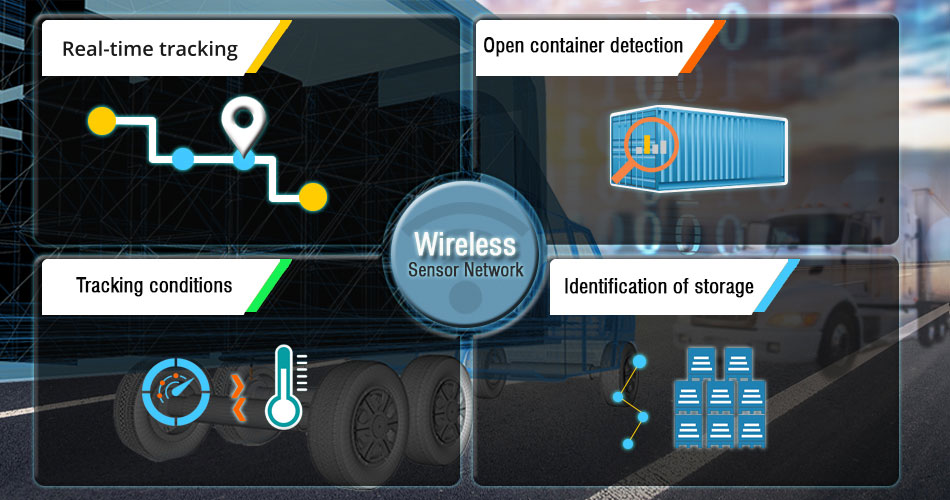The role of artificial intelligence in revolutionizing energy monitoring systems
Artificial intelligence (AI) has the potential to revolutionize energy monitoring systems in several ways. Energy monitoring systems are crucial for tracking and managing energy consumption efficiently, reducing costs, and minimizing environmental impacts. Here are some key roles that AI plays in this transformation.

- Real-time Data Analysis:
AI can process large volumes of real-time data from various sources, including sensors, meters, and IoT devices. It can quickly analyze this data to provide insights into energy consumption patterns, equipment performance, and potential issues. AI can identify anomalies and provide alerts in real-time, enabling proactive responses to energy-related problems.
Predictive Maintenance:
AI-powered algorithms can predict when equipment is likely to fail or require maintenance. By analyzing historical data and performance metrics, AI can forecast maintenance needs, helping organizations schedule repairs and replacements at optimal times to minimize downtime and energy inefficiencies.
- Energy Optimization:
AI can optimize energy consumption by adjusting settings and schedules for HVAC systems, lighting, and other equipment based on occupancy patterns, weather conditions, and energy pricing. This dynamic control can lead to significant energy savings without sacrificing comfort or productivity.
Demand Response:
AI can enable demand response programs by automatically adjusting energy usage during peak demand periods. This can help reduce strain on the electrical grid and lower electricity costs for consumers. AI can also predict peak demand times to prepare and optimize energy consumption accordingly.
- Energy Efficiency Insights:
AI can provide valuable insights into energy efficiency opportunities. By analyzing historical data, AI can identify areas where energy consumption can be reduced, suggest energy-efficient upgrades, and recommend behavioral changes to occupants for better energy conservation.
- Renewable Energy Integration:
AI can optimize the integration of renewable energy sources, such as solar and wind, into the grid. AI algorithms can forecast renewable energy generation, match it with demand, and ensure a stable and reliable energy supply.
- Carbon Emissions Reduction:
AI can help organizations track and reduce their carbon emissions by monitoring energy consumption and suggesting strategies for emissions reduction. It can also support sustainability initiatives by identifying opportunities to switch to cleaner energy sources.
- Data Visualization and Reporting:
AI can create intuitive dashboards and reports that make it easier for users to understand and act upon energy data. Visual representations of energy consumption patterns can help stakeholders make informed decisions.
- Fault Detection and Diagnostics:
AI can automatically detect faults or deviations in energy systems and equipment. It can pinpoint the root causes of issues, enabling faster problem resolution and preventing energy wastage.
- Scalability and Adaptability:
AI-powered energy monitoring systems can scale to accommodate growing energy demands and adapt to changing circumstances, making them suitable for a wide range of applications, from small businesses to large industrial facilities.
Call us on: 9870643534
Mail us at: prashant.yadav@oneunit.in
